News
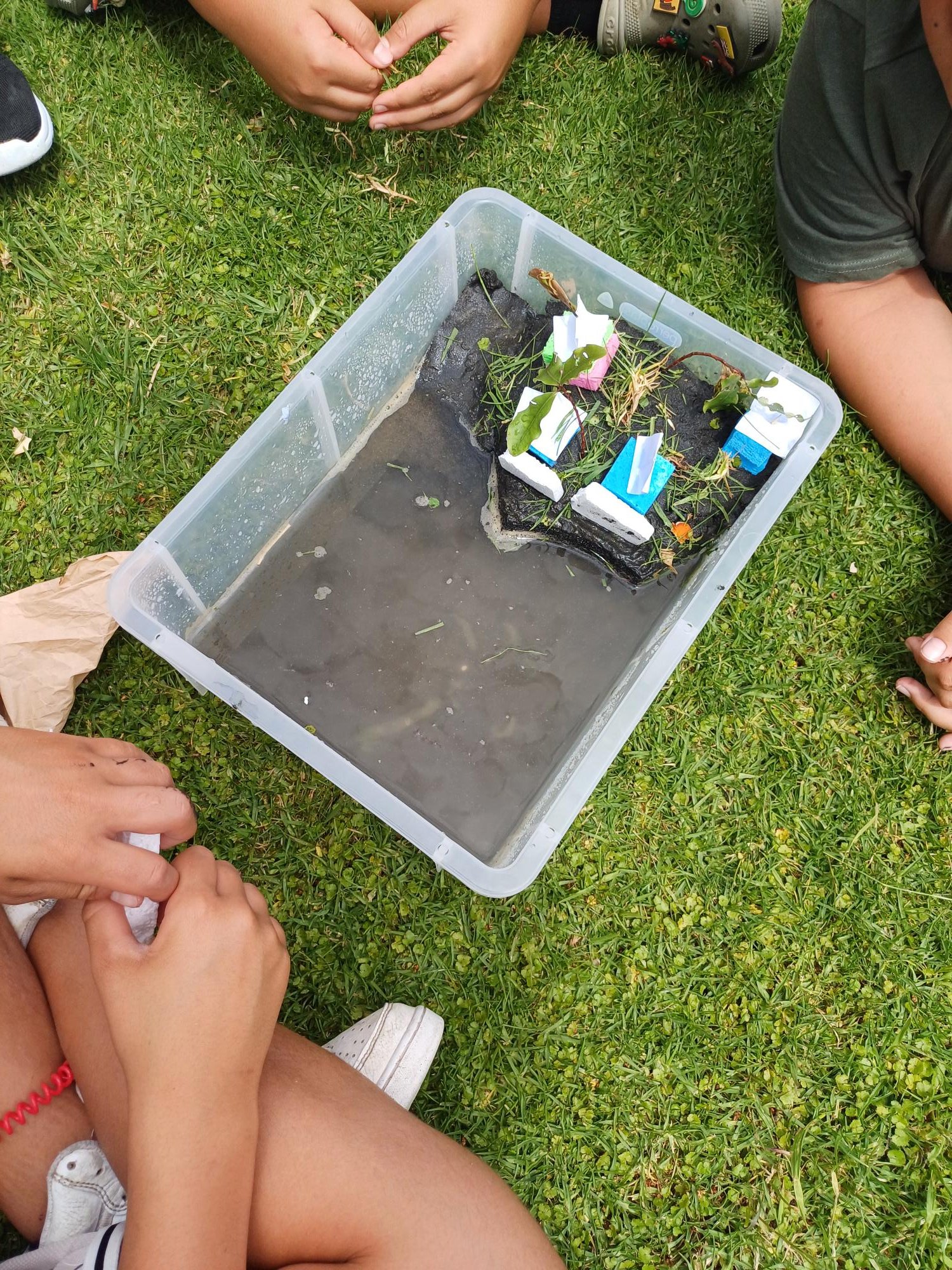
Relationship With Aotahi for Rangatahi Youth Pathways Continues
Aotahi and MetOcean Solutions /MetService showcase Rangatahi Career Pathways for students from Waitomo District, New Zealand.
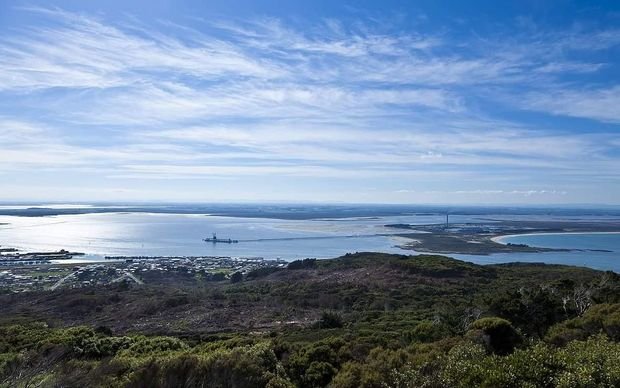
Metocean and Tsunami modelling of Foveaux Strait to support Green Hydrogen assessment
MetOcean Solutions /MetService are working with Meridian Energy to explore development of a Southern Green Hydrogen facility in the bluff region in Southland, New Zealand.
Photo credit: RNZ
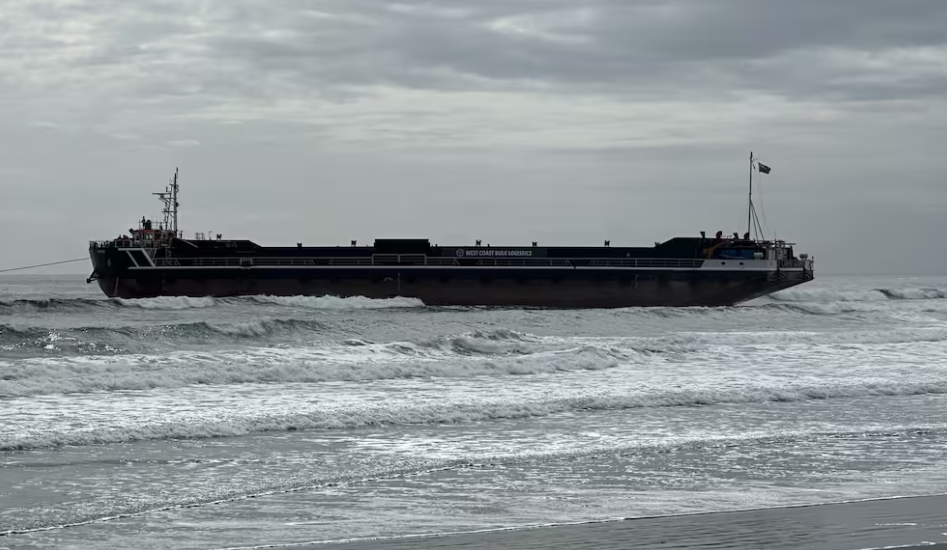
Technical relationship between MetOcean Solutions (and MetService) and Maritime NZ strengthening incident responses capabilities
MetOcean Solutions expert physical oceanographers and MetService marine forecasters are working closely with incident responders at Maritime New Zealand to provide improved emergency response services that have benefited recent maritime incidents, including the recent grounding of the Manahau Barge on Carters Beach, Westport.
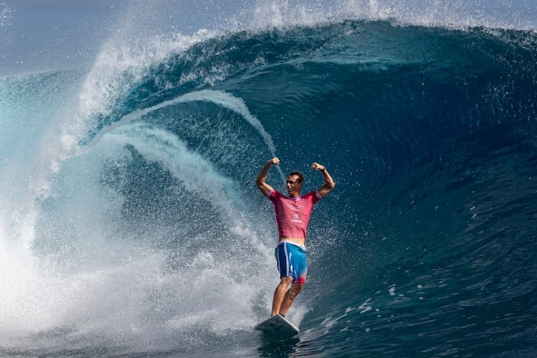
Paris 2024 Olympic Surfing and MetOcean Solutions; Understanding Teahupo'o
MetOcean Solutions commissioned to undertake a wave study to support the Surfing France team in preparation for the Olympic games.

Bathymetric Data Wrangling
Bathymetric Data Wrangling - Mapping the Seafloor - plumbing the depths and shapes of underwater terrain
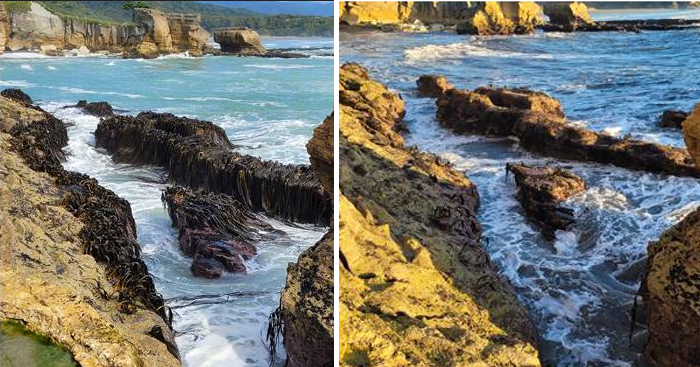
Marine heatwaves around Aotearoa: La Niña and Climate Change
A switch from El Niño to the predicted La Niña conditions would suggest that more - and probably stronger - marine heatwaves are to be expected later this year and through summer.
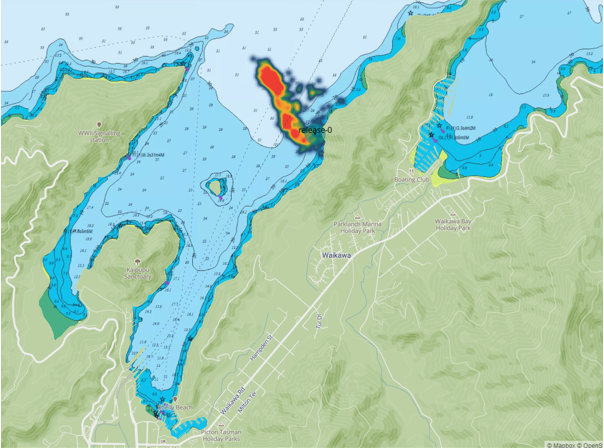
Interisland Ferry Aratere Grounding - Data Giving Insight
High Resolution Data Allows Officials To Model Any Impact Of Interislander Ferry Aratere To The Malbororough Sounds Maritime Environment

New Zealand’s changing Oceans
In recent discussions at the 28th meeting of the Conference of the Parties to the United Nations Framework Convention on Climate Change (COP28), the urgency of acting on Earth’s rising temperatures was highlighted. COP28 emphasized the role of the ocean as a carbon and heat sink, and the necessity to improve our understanding and monitoring.
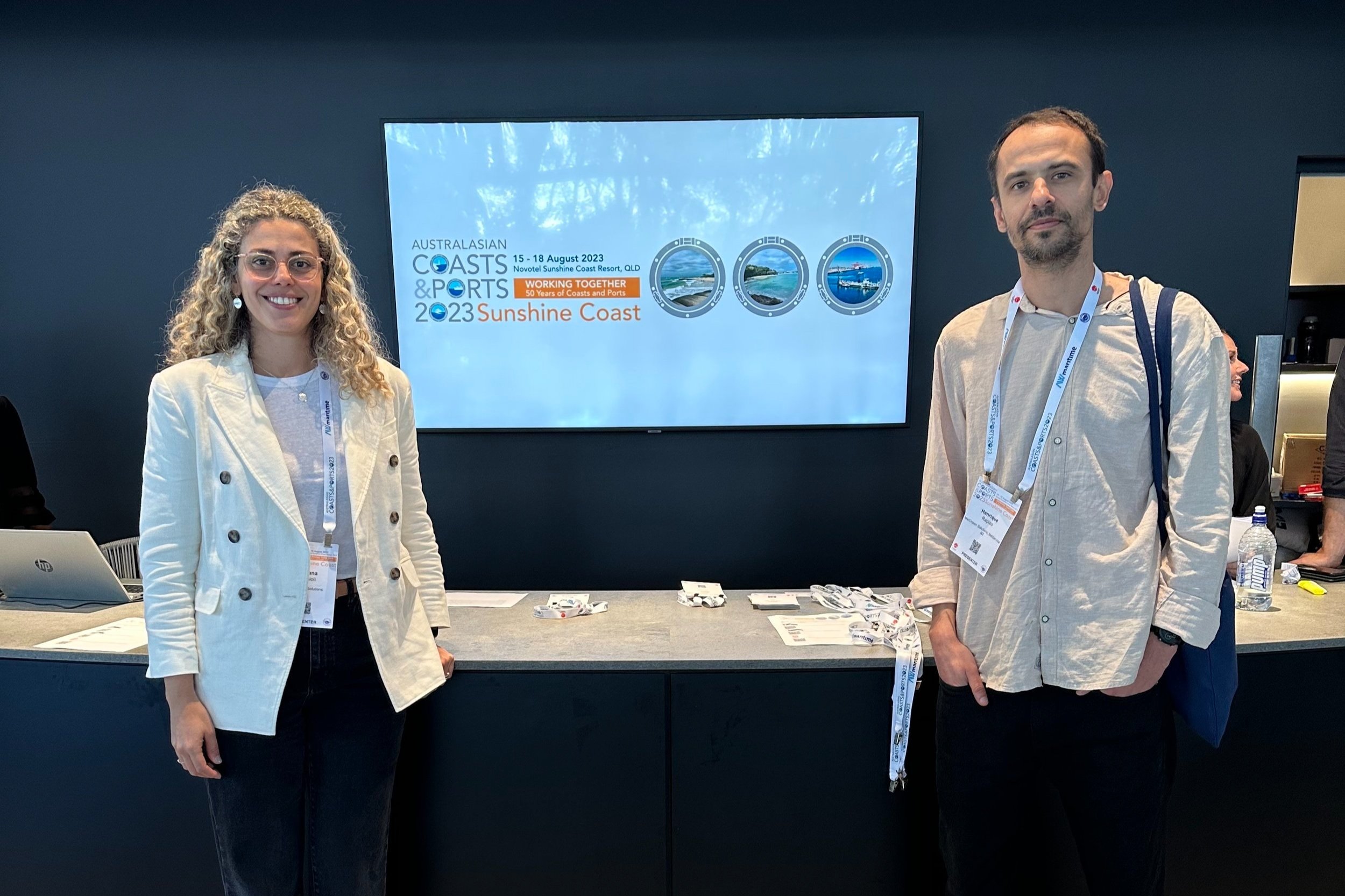
Meet us at the Australasian Coasts & Ports 2023 Conference
This week, the MetService Research & Innovation Science Team will present at the Australasian Coast & Ports 2023 Conference in Queensland, Australia. The event is organized by Engineers Australia's National Committee on Coastal and Ocean Engineering, PIANC Australia and New Zealand, Engineering New Zealand, and the New Zealand Coastal Society. The event runs from the 15th –18th August. This year's edition marks the 50th anniversary since the first conference was held in 1973 and will reflect on the history of coastal, ocean, and port engineering in Australasia while also looking ahead to the next 50 years.
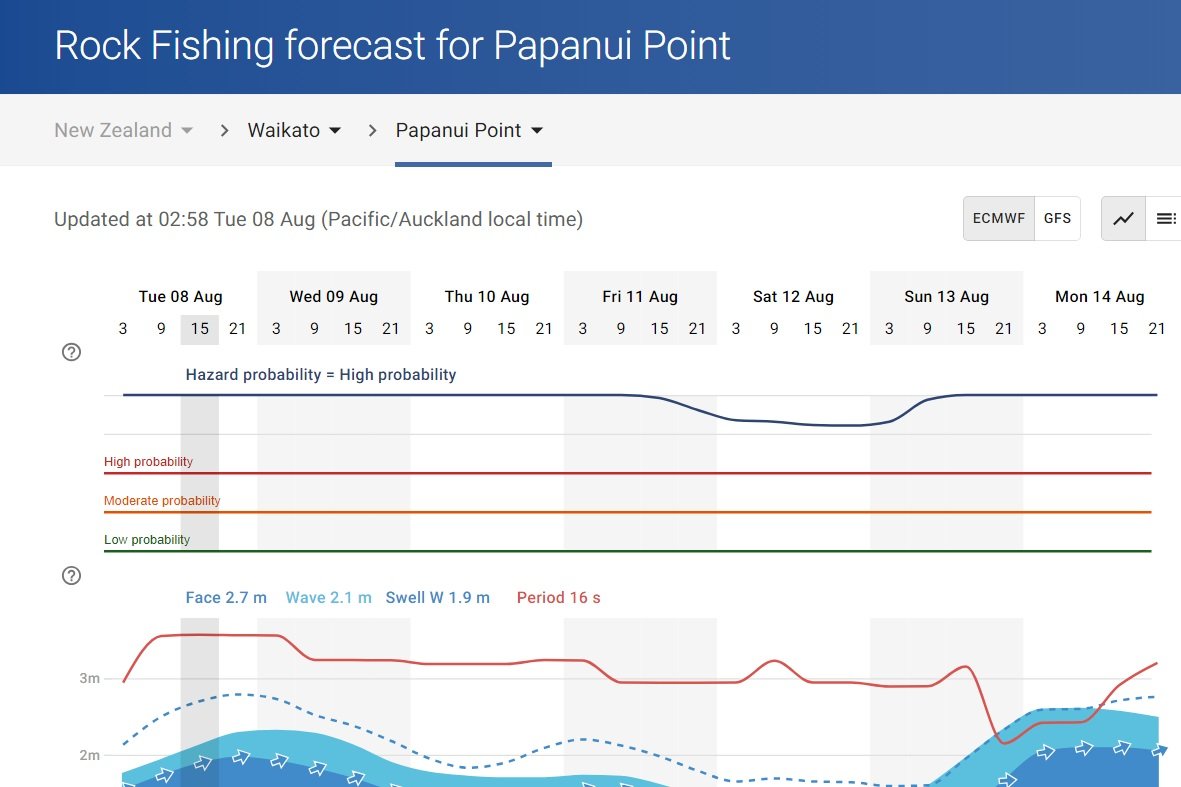
SwellMap: New Zealand’s only hazard forecast for rock or land-based fishing
Rock fishing has become a popular recreational activity. However, it is unfortunate that an average of four rock fishers drown each year due to being swept off the rocks by large waves (Surf Life Saving NZ) and is considered one of the most dangerous recreational activities in New Zealand (Drowning Prevention Auckland).

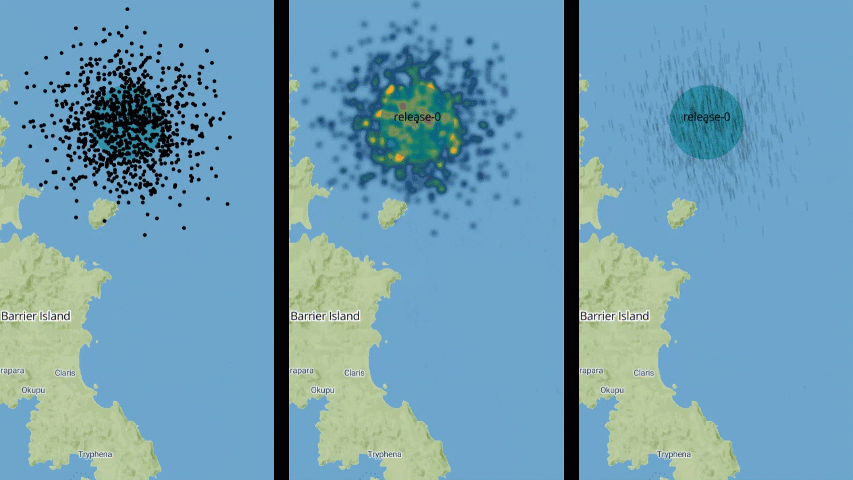
Meet us at the New Zealand Marine Sciences Society Conference 2023
The MetOcean Solutions team is presenting at the New Zealand Marine Sciences Society Conference 2023 this week. Running from 26-28 June in Wellington, the event is hosted by Victoria University of Wellington, and gathers specialists and industry leaders to lift the lid on marine challenges through state-of-the-art technologies and world class science.
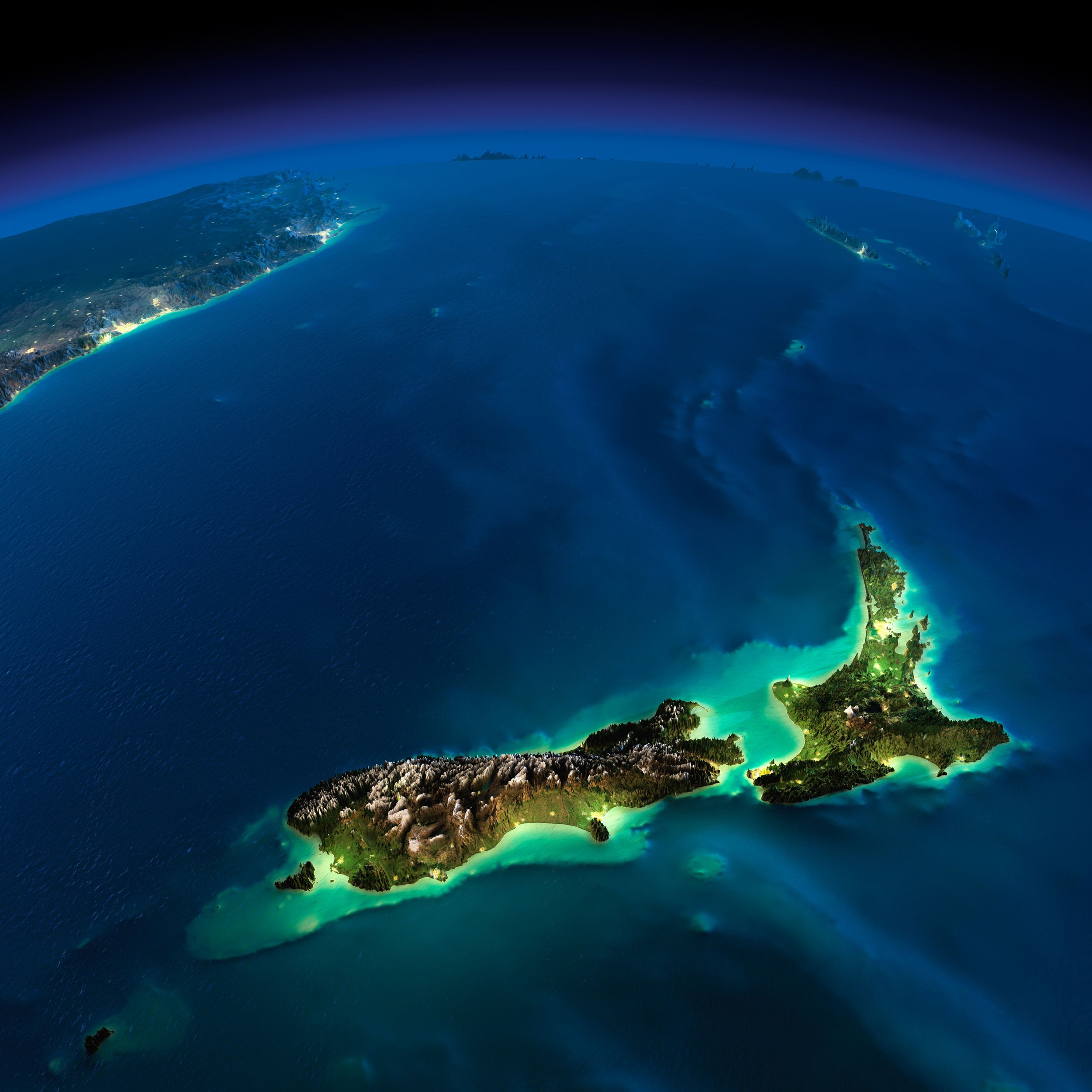
World Oceans Day: a day to celebrate our oceans
As we celebrate World Oceans Day, it is important to acknowledge the people who contribute to our success in oceanography.
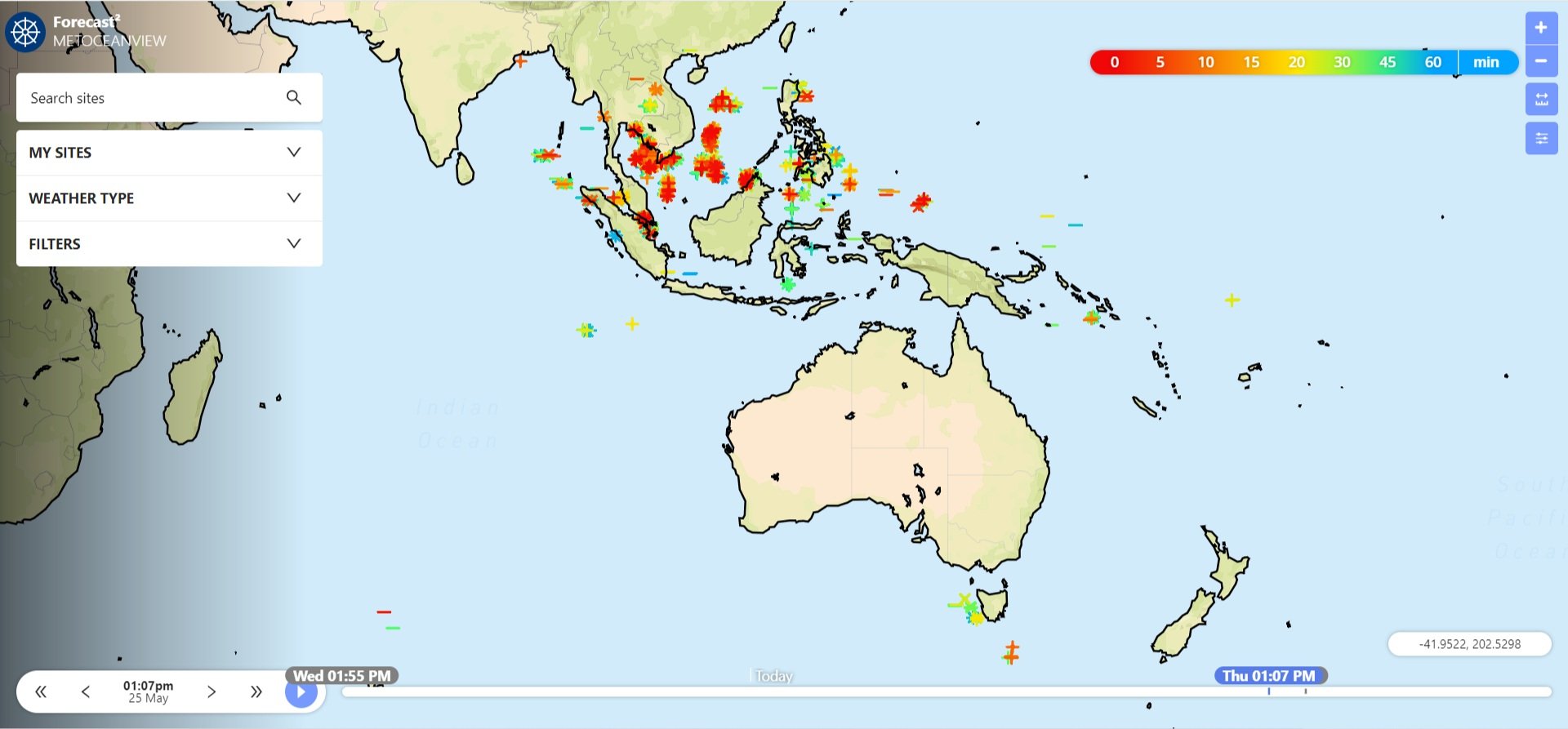
Over two million data points every day
Every day, the MetOceanView service ingests and serves up to our clients more than 2 million unique data points. These are modelled and observed data providing vital marine and atmospheric weather information to users.
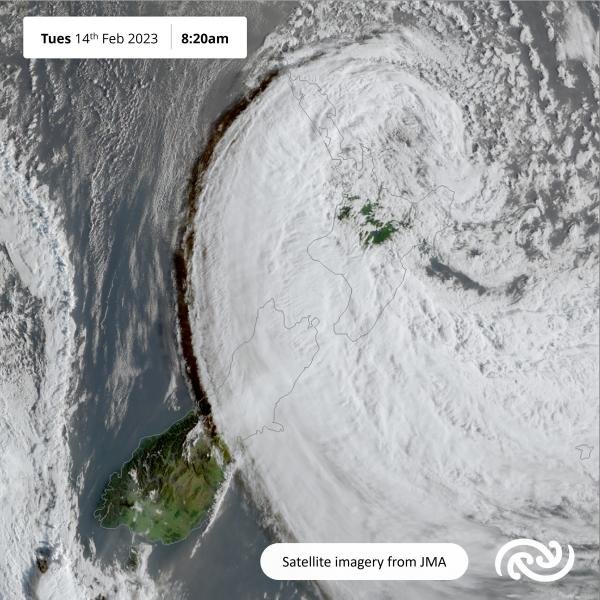
A 3,000-year wave height event during Cyclone Gabrielle
On 14 February 2023, during Tropical Cyclone Gabrielle - the worst storm to hit Aotearoa New Zealand this century - Port of Napier’s Wave Rider Buoy measured significant wave heights (Hs) of up to 6 meters, before waves broke it free from its mooring. Although the buoy was situated just beyond the breaking zone, it is likely that a single large individual breaking wave or intense white capping could have led to the breakage of the buoy mooring.

OceanPrediction survey for final users
OceanPredict is a science programme for the coordination and improvement of global and regional ocean analysis and forecasting systems. We would like to support their initiative to learn more about user satisfaction with the operational ocean forecasting services.
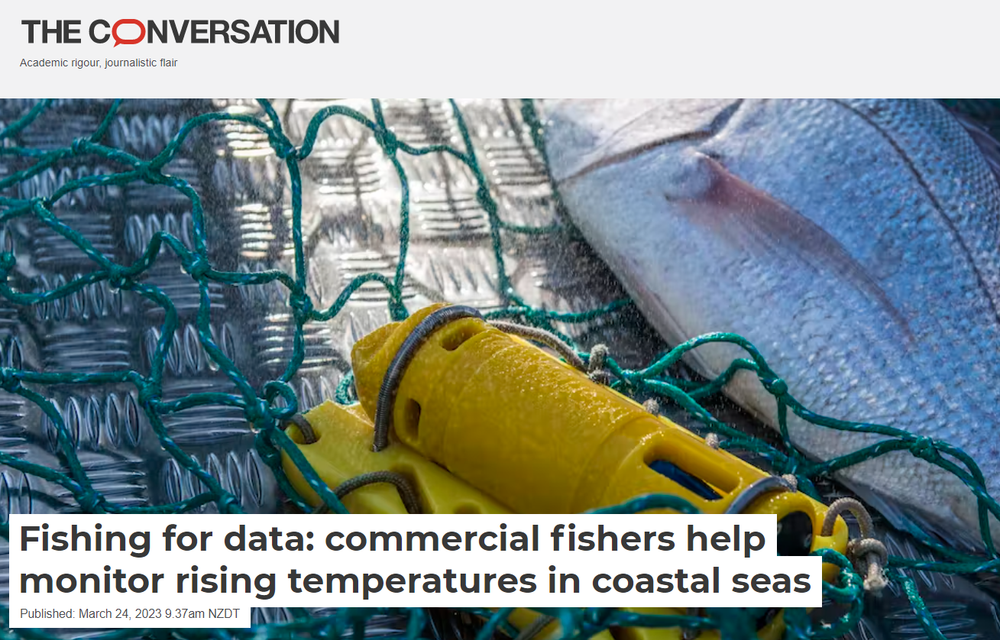
Fishing for data: commercial fishers help monitor rising temperatures in coastal seas
Research from the Moana Project today featured on The Conversation.
The article authored by Te Tiro Moana team lead Dr Julie Jakoboski (MetOcean), Moana Project Science Lead Dr João de Souza (MetOcean) and Project Manager Dr Malene Felsing (MetOcean) showcases the Mangōpare Sensor and how it is used to fill the gap in coastal data collection.

Ocean Race Teams face the wild waves of the Southern Ocean
The Ocean Race is one of the toughest professional sailing events in the world. Leg 3 of the race, from Cape Town to Itajaí (Brazil), started on 26 February 2023. This leg takes the fleet on a monstrous 23,613-kilometre Southern Ocean passage, three quarters of the way around the bottom of the world.
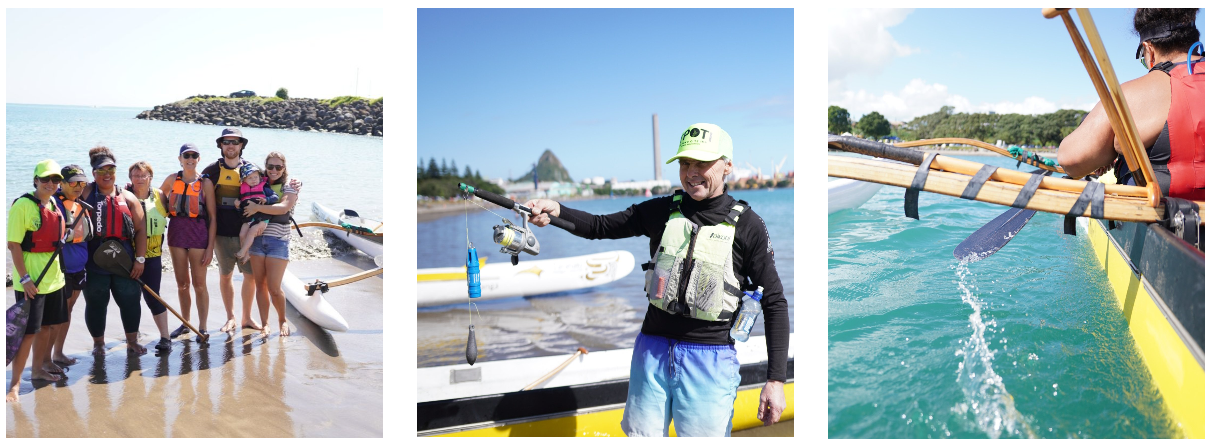
SeaWeek 2023: Tracking ocean temperatures with a waka
Last Sunday at Ngamotu Beach, MetOcean's Naomi Puketapu-Waite held a stall at Taranaki’s SeaWeek event for 2023. SeaWeek is an annual event run by the New Zealand Association for Environmental Education, a national non-profit that promotes and supports lifelong learning and sustainability for Aotearoa New Zealand.
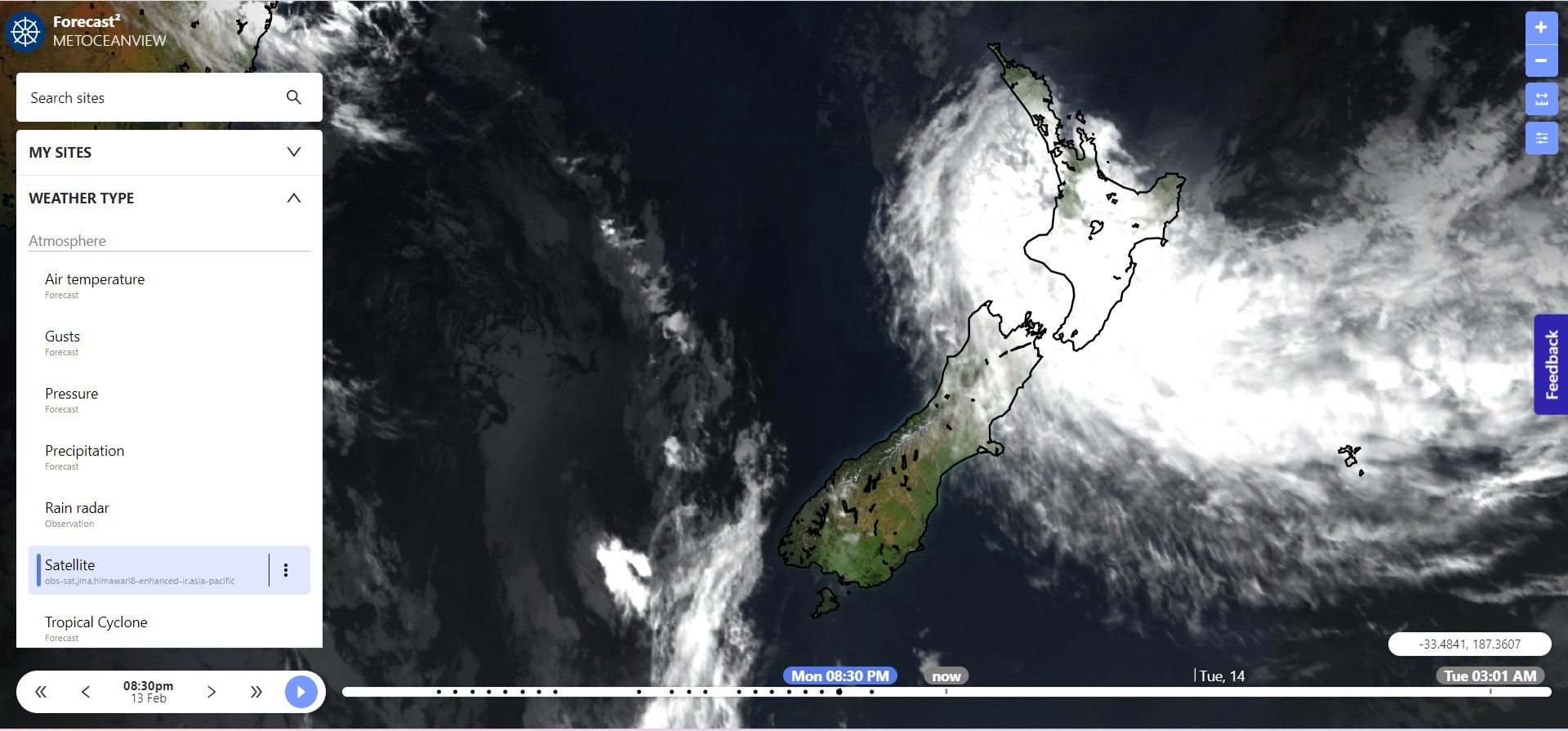
The link between our increased ocean temperatures and cyclonic activity
The increased energy in the oceans due to warmer ocean temperatures is one of the factors creating the intense weather systems we have been seeing in New Zealand this summer. More heat from the ocean means more moisture in the atmosphere, more convection, and less slowing of storms due to meeting cooler oceans. The link between our increasing ocean temperatures and volatile weather systems is the focus of cutting-edge weather prediction and climate science research, says Moana Project Lead and Ocean Temperature Researcher, Dr. Joao De Souza.
